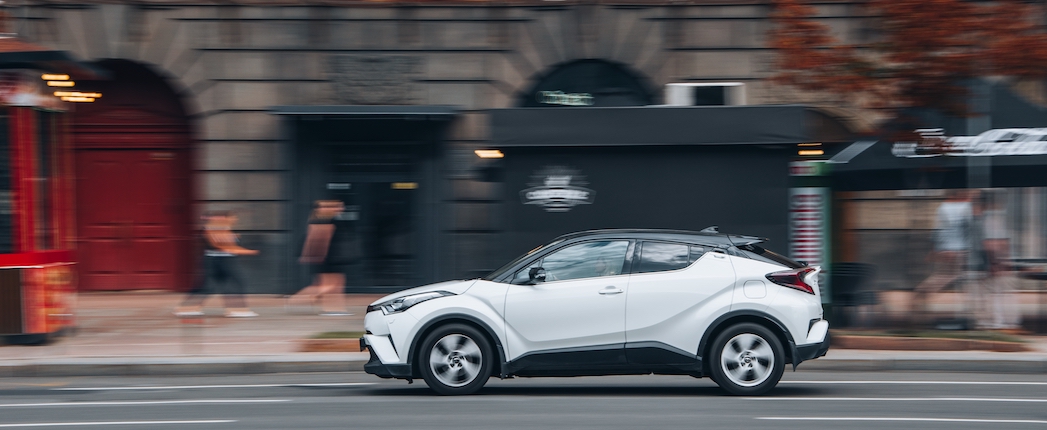
Japanese car giant Toyota claims it has solved the technological problem in solid-state battery design that could double range and slash electric vehicle charging time to 10 minutes. It would also put an EV’s total cost of ownership on par with an internal combustion engine car.
EV enthusiasts have long-touted solid-state batteries as a key to unlocking mass EV adoption. Other automakers are working to produce safe and reliable solid-state batteries, including Toyota’s domestic rival Nissan and American manufacturer Ford.
Replacing the liquid electrolyte in a typical lithium-ion battery with a solid can increase power density and the battery’s functional life. The less complex design of a solid-state battery doesn’t require liquid cooling systems and reduces the likelihood of thermal runaway.
The company claims its new technology – an undisclosed gel, according to motoring website Top Gear – can offer a range of 1,200 kilometers. This is almost threee times that of the Tesla Model S, which is the current longest-range EV. Toyota also says charging times of only 10 minutes are achievable.
Toyota estimates that mass production could start by 2027 or 2028. This would accelerate EV uptake in markets where it has been stumbling in 2023, such as the United States.
“The era of the solid-state battery is right around the corner,” said Idemitsu’s CEO Shunichi Kito, announcing the deal with Toyota, adding that recent innovations will help the batteries now in the works overcome the edge lithium-ion batteries have had over EVs.
Producing solid-state batteries in large volumes is not without its challenges. They are costly and difficult to make, requiring high levels of precision to stack cathode and anode cells. Toyota can look forward to a “relatively tough path towards scaling up over the coming decade,” thinks Goldman Sachs. Problems include extreme sensitivity to moisture and oxygen and preventing formation of metal filaments that can cause short circuits.
Toyota has formed a partnership with Idemitsu, a Japanese oil major and lubricant producer, to work on the technology. Idemitsu has been researching basic technologies for all-solid-state batteries since 2001, while Toyota started little bit later, in 2006.
Solid-state battery is made up of a cathode, a thinner metal anode, and solid electrolyte between them. It is different from lithium-ion batteries that use liquid or semi-liquid electrolyte so they risk damage such as swelling or leakage.

Sorry, a technical error occurred and we were unable to log you into your account. We have emailed the problem to our team, and they are looking into the matter. You can reach us at cs@lubesngreases.com.
Click here link to homepage